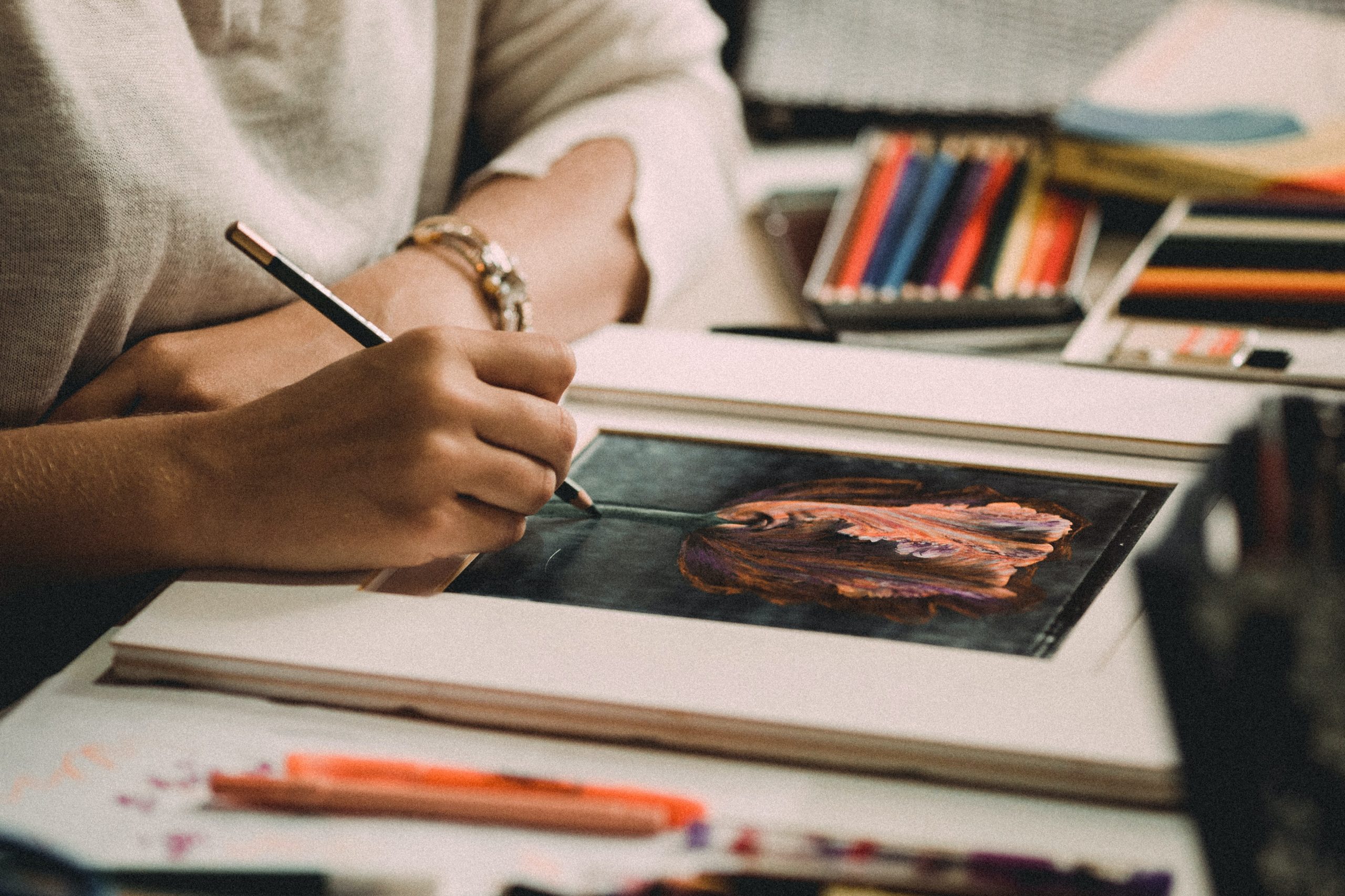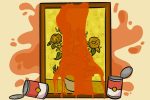Calling someone a “starving artist” is perhaps one of the greatest insults in the creative field. This title reduces those who strive for excellence in the arts to a simple trope. Whether in painting, photography, graphic design, literature, directing, acting, music or any other medium of art, such a title is inescapable. It’s a title reserved for only the highest forms of unparalleled creative genius and authority. However, this mindset draws away from the truth that these “artists” are the exception, not the standard.
The romanticized image of the visionary or savant of unbridled creativity is nothing more than an illusion. Though a fancy and descriptive title on the surface, the starving artist cliché often distracts from the real issues artists face. This label is just another excuse to simplify a group of people and their work while indirectly deifying those who may be more the Devil than God. Put simply, the title of starving artist is nothing more than a disservice.
For those who don’t know, the starving artist cliché is the idea that money is not important to the artist. Either they struggle financially because they’re so devoted to their craft, or don’t want to “sell out.” These notions originate from a mix of Romanticism and Bohemianism — movements from Western Europe that idealized the lone, struggling artist as a symbol of virtue and pride.
Forms of the methodology can still be seen today, like when a musical artist embraces a more commercial sound and sells out, or when companies embrace a Corporate Memphis art style. The stigma also remains that the artist is a struggling, impoverished being with little to no concern for finances, causing many people to avoid jobs or degrees in the arts. Nevertheless, many graduates with degrees in the arts make higher median salaries, both starting and mid-career, than those occupying certain positions in nursing and education.
Granted, there are some positions where it is considerably difficult to make a strong foothold or stable income. The music business is infamous for this. However, most of these poor-paying positions come from either a lack of understanding of the value of resources and time or poor financial decisions on the part of the artist. In reality, most artists are aware that things like food and rent exist and they do their best to make money by doing the things they love.
Furthermore, the possibility of income outside of the main line of work never seems to surface in the minds of those who warn against the arts. Sure, there’s the infamous second job, typically in food service for some reason, but there are a ton of alternative avenues now thanks to the internet. There are several websites devoted to freelance work, and there’s nothing stopping someone from creating a following on social media. It has truly never been a better time to be an artist, so what’s the issue?
There’s also the added problem that because it’s no better time to be an artist, everyone wants to be one. There are more artists than ever now and finding work has become more difficult as those who accept lower pay usually get the job. So, the starving artist idea transforms from sticking to one’s morals into a side-effect of sheer competition.
Furthermore, there’s the underlying concern that one might become … well, a jerk. In an environment filled with people trying to become the next big thing and others talking as if they know everything, a person may develop a certain arrogance trying to stand out from the crowd. This obviously isn’t universally applicable, everyone knows someone who fits that description. And if you don’t know the jerk, you are the jerk.
In the same vein, not all artists should be role models; not all artists should be idolized. Painter Pablo Picasso was a notorious womanizer and misogynist; musician Kurt Cobain was a junkie who didn’t care about the lyrics he wrote; author J.K. Rowling is a known TERF; director Woody Allen is a vicious child rapist. It is important to know who your idols are so that you don’t become like them.
It is understandable that a person might not want to see a friend or loved one struggle professionally or financially, but no one has the same view about other fields of work. When was the last time large groups of people were told not to become doctors or chemical engineers or lawyers? Why should one field of work be stigmatized while another is seen totally respectable and admirable, just because one field is based in STEM?
If someone wishes to go into the arts and become a graphic designer, a recording artist or even an author, that’s great! It has never been a better time to become an artist; there are so many opportunities just a click away. At the same time, it has never a better time to ditch the starving artist trope. If someone wishes to go into the arts, it’s not due to illusionary ideals. It’s because they want to make their dream a reality.

















